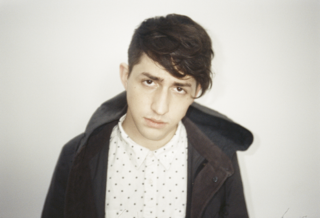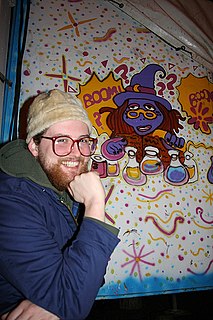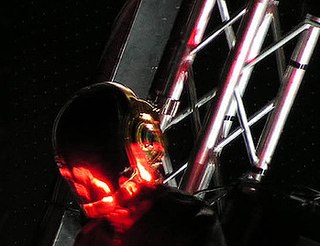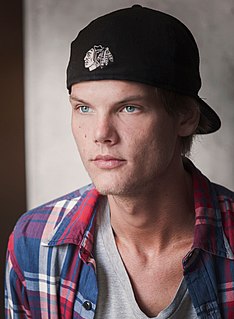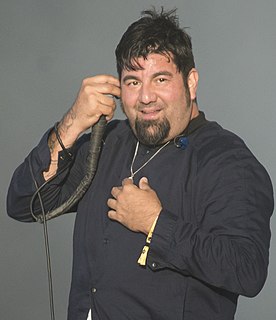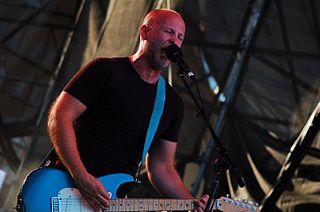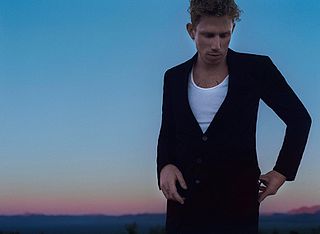A Quote by Eric Garcetti
The reason I like Steve Aoki is because I can trace my love of electronic music all the way back to when I was listening to not just new wave but to YMO [Yellow Magic Orchestra] which, to me, was the ultimate Japanese band and launched synth electronic music.
Related Quotes
In some ways it's hard to see electronic music as a genre because the word "electronic" just refers to how it's made. Hip-hop is electronic music. Most reggae is electronic. Pop is electronic. House music, techno, all these sorts of ostensibly disparate genres are sort of being created with the same equipment.
I'm trying to fly the flag for the days of electronic music where people who are making it are also building the gear because that was what was happening in the very early days of electronic music. And that spirit is one of the things that really appeals to me about electronic music so I'm putting this forward as a way to keep that.
People always focus on people like me who use synthesizers, right, which are explicitly electronic and therefore obvious. "Ah, yes, that's electronic music." But they don't realize that so is the concept of actually taking a piece of extant music and literally re-collaging it, taking chunks out and changing the dynamics radically and creating new rhythmic structures with echo and all that. That's real electronic music, as far as I'm concerned.
I think a lot of electronic musicians are drawn to starting with texture because the whole reason we're working with electronics is to try to create new sounds or sounds that cannot be created acoustically. When you're doing that, it's nice to be able to just create a different palette for every single song. I feel like a lot of electronic music sounds like...Each album sounds like a compilation more than it does a band.
The place of electronic music, culturally and socially, is today completely different - it is now everywhere, and it has been totally accepted. Consequently, there is now a younger generation that is more focused on making great electronic music, good parties, and having fun, where there is not any more so much need for cultural and ideological statements in electronic music itself.
With the violin, for example, one understands culturally that the sound comes from the instrument that can be seen. With electronic music, it is not the same at all. That's why it seemed so important to me, from the beginning of my career, to invent a grammar, a visual vocabulary adapted to electronic music.
When I was in London I found house music and techno, and I love that s - t. It's my go-to music. It's the closest for me to the old funk of James Brown and the repetitive dance music that I like from the soul music. I'd love to do a live album, like a little bit old school but still progressive, influenced maybe by more electronic music. I like everything, but I don't know anything about music. So it comes in to a lot of different ingredients.




